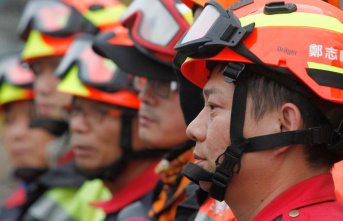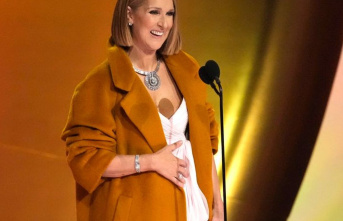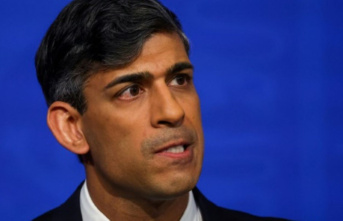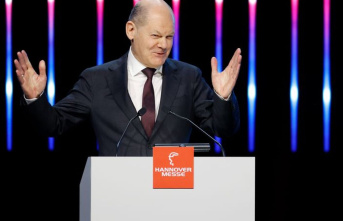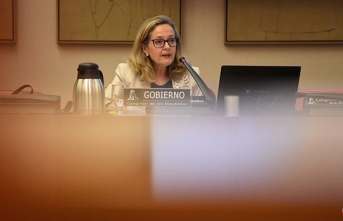The textbook war, which pits the central government against the regional one, is being waged a few months before the start of the new course, and when the machines should be in full swing to prepare the texts for the next course. But the differences in criteria between what the national law says and what the Ministry of Education considers correct content is bringing publishers into check. Just yesterday, the Tulibro publishing house sent a letter to the Madrid government explaining that it was rectifying one of its texts, from the Applied Mathematics book, because in its contents on equality and feminism "they have not resorted to the appropriate examples and words."
Perhaps someone might wonder what is the point of a book on Applied Mathematics - for 1st year of Baccalaureate in the Social Sciences modality, they explain in the Ministry - include a section under the title "Mathematics and Equality".
In the case of the issue of the Tulibro publishing house, the modification has been made in a section that was initially titled “Mathematics against sexism” and after the modification it has been renamed “Mathematics for Equality”.
Inside, if in the original version all the feminine definite articles were highlighted in bold - "the gaze", "the addition", "the subtraction", "the reflection", "the derivatives"-, after the modification introduced by the editorial, other definite and indeterminate articles of the masculine gender have been included, also in bold - «numbers», «equations», «polynomials», «operations»-.
In the Ministry of Education, directed by Enrique Ossorio, they received the change in the content of the book as "the first success" in "the defense of Díaz Ayuso against indoctrination in the classroom." In a letter sent to the regional government, the publisher admits that, "after making a new reading of the text", they have considered that "it is possible that when using a metaphor to explain equality" they have not resorted to "the appropriate examples and words" and “that has given rise to an interpretation that they did not” seek with the original text.
For this reason, the text has been changed, which "closes the meaning much better" that they were looking for with the metaphor and "does not give rise to confusion of the purpose of equality" that they want to "transmit between men and women." In their letter, they regret "not having been able to communicate and capture with the right words" their "original idea, and that some kind of controversy may have arisen."
Sources from the Community of Madrid trust that, in the near future, other book publishers will join and "reduce or eliminate the political burden of approved texts."
The political controversy is growing on this particular. The Government of the Community of Madrid has been criticizing for months the politicization of the textbooks for the next course, due to the curricula prepared by the central government. Criticism does not only come from the political side, but also from prominent intellectuals such as the president of the Royal Academy of History, Carmen Iglesias, who opposes the elimination of the past of Spain prior to 1812 from the texts of this subject, and that it is not teach a chronological story, but based on thematic blocks.
The Council of State, the highest consultative body of the Government, has also been very critical and has warned of the abstraction and complexity of the description of the subjects of the new Baccalaureate. Likewise, the State School Council (CEE) urged the Government to review the contents due to their complexity and vagueness in some cases. And numerous writers, philosophers and mathematicians -such as Fernando Savater, Andrés Trapiello or Gustavo Bueno Sánchez- signed a manifesto in which they ask to remove from the classrooms concepts that are alien to the specific knowledge of each subject, of a moral or ideological nature.
The Madrid regional government has denounced the decree of the Baccalaureate curriculum before the Supreme Court, and the high court has admitted its appeal.



